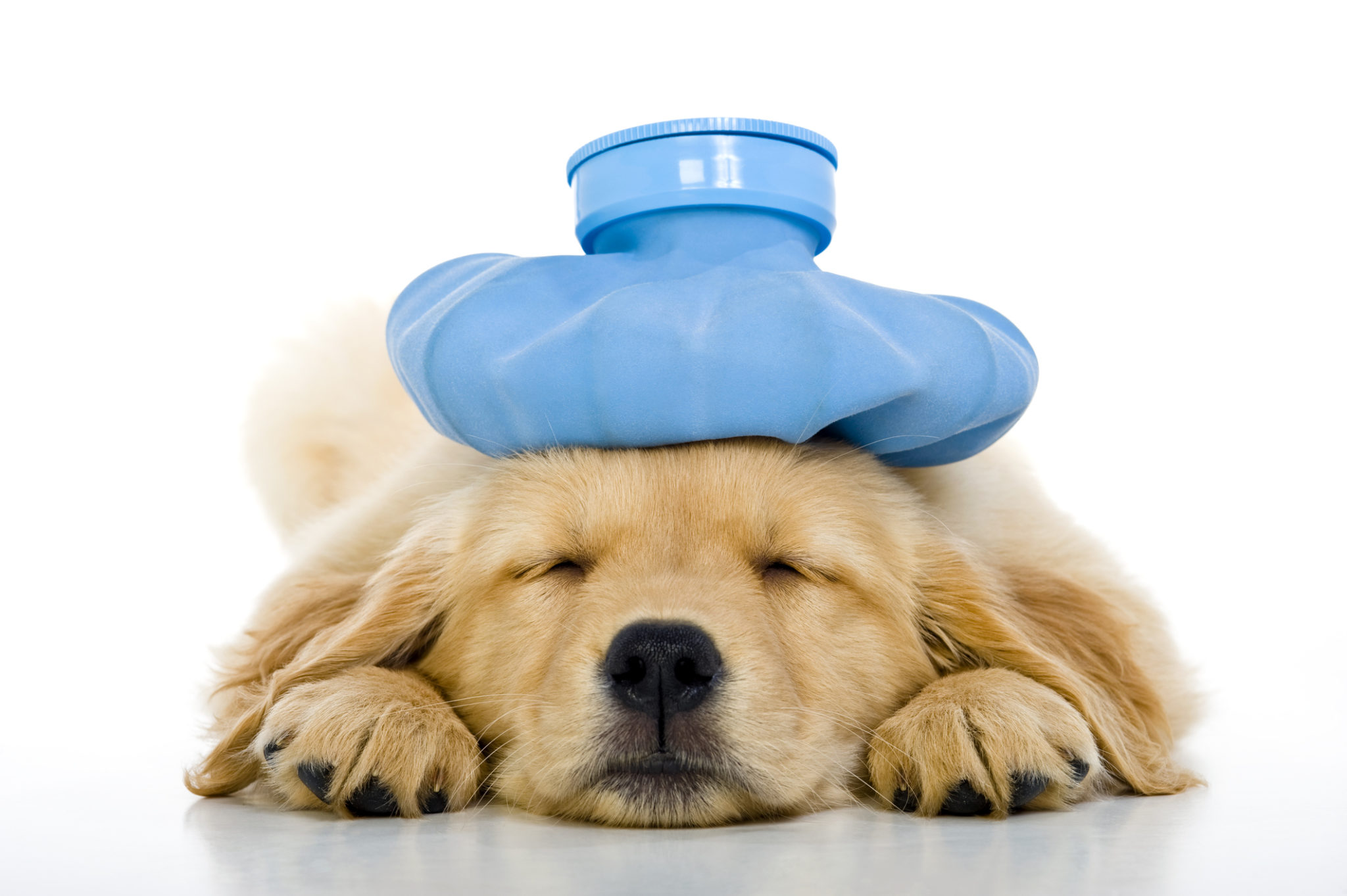
Feb 01, 2021 | By, For Pet's Sake
How to help your furry friend if they catch a cold
A lot of emphasis is placed on your health symptoms these days. Are they related to COVID-19, or are they simply the common cold? It’s much easier to diagnose your own sickness than it is to figure out why your pet is sneezing and wheezing.
First, you have to know what’s possible and what’s not. Similar to humans, pets can suffer from cold-like symptoms that are caused by various viruses. It’s perfectly understandable how your pet could pick up all sorts of germs based on how regularly they roll, sniff and eat things off the ground. These viruses may cause your pet to sneeze, cough, or suffer from water eyes and a runny nose.
The problem with cold-like symptoms in pets is that they can be ambiguous. Your pet could be suffering from something more serious than a cold, such as the flu, bronchitis, kennel cough, distemper, or certain types of worms.
You’ll likely be able to rule out the likelihood of some diseases if you’ve kept your pet current on their vaccinations. However, it’s always better to be safe than sorry. Even if you believe it’s a common cold, it’s probably a good idea to call your vet or at least pay extra attention to your pet’s behavior over the course of a few days. If the symptoms continue or worsen, you should definitely visit the vet to rule out anything more serious. Generally, cold-like symptoms will resolve on their own because the virus will run its course and the symptoms aren’t related to anything more severe.
Who gave it to whom?
The common question when anyone gets sick is, “How did this happen?” When you have a cold, it’s natural to want some extra comfort from hot soup and cuddling with your pet. You don’t have to worry about giving your pet a cold if you’re already suffering from one. The opposite is also true. If your pet is diagnosed with a cold, the risk of you catching that cold from your pet is very low. The one caveat is that your pet could spread their illness to other animals in your home or at parks.
Treatment
As you try to nurse your pet back to health, the usual strategies of hydrating, eating, and resting work best. If you notice your pet is not able to do any of these things, visit your vet to discuss a more effective treatment plan and to rule out anything more serious. At your vet visit, the doctor may run some fecal and blood tests to determine if there is something else happening inside your pet.
There isn’t a vaccine for cold viruses, so prevention is limited to good hygiene, monitoring your pet outside, and keeping your pet away from sick animals.
A note about COVID-19
Although rare, some pets have been reported to have tested positive for COVID-19. In these cases, the pets were often around people who also had COVID-19. If you exhibit any COVID-19 symptoms or are officially diagnosed with the disease, it would be wise to leave your pet in the care of a trusted family member or friend until you recover.
Have a question about pet health? Want to become the best possible pet parent? Find helpful tips, reminders, and insight to giving your furry friend the best possible care with For Pet’s Sake! Learn more at drdevonsmith.com.

